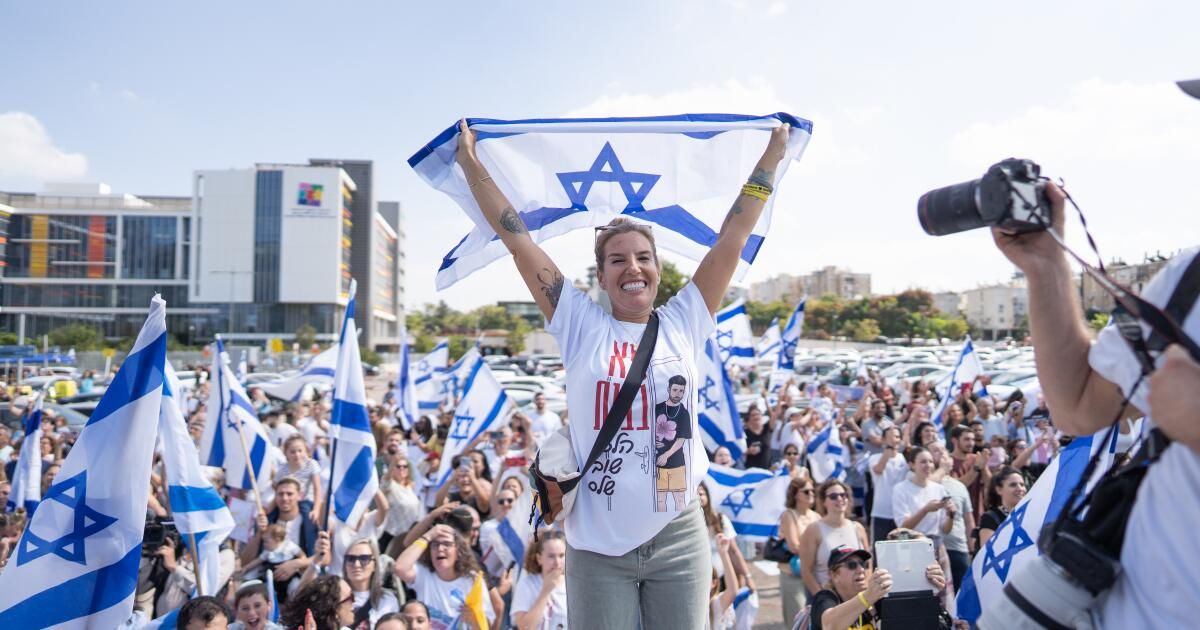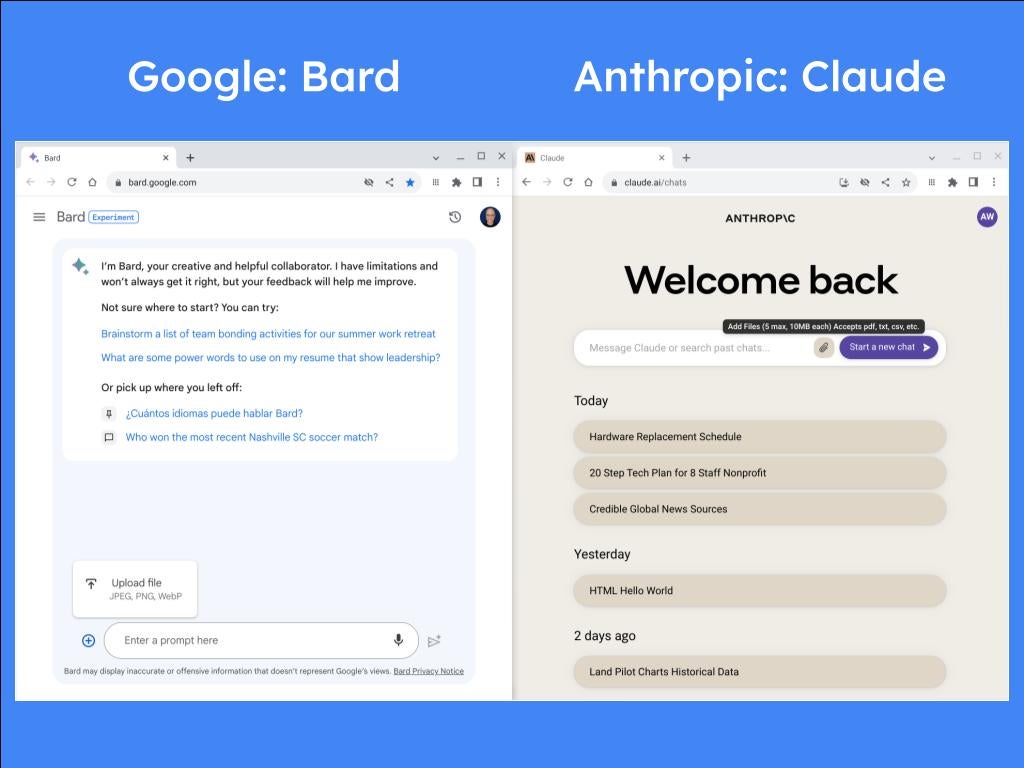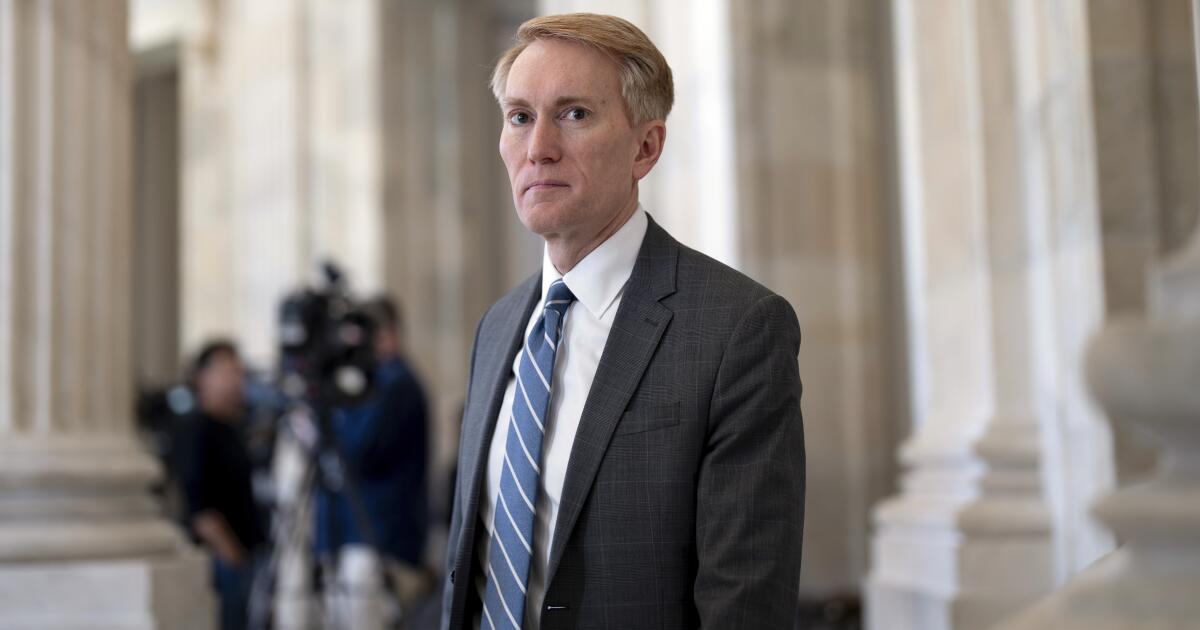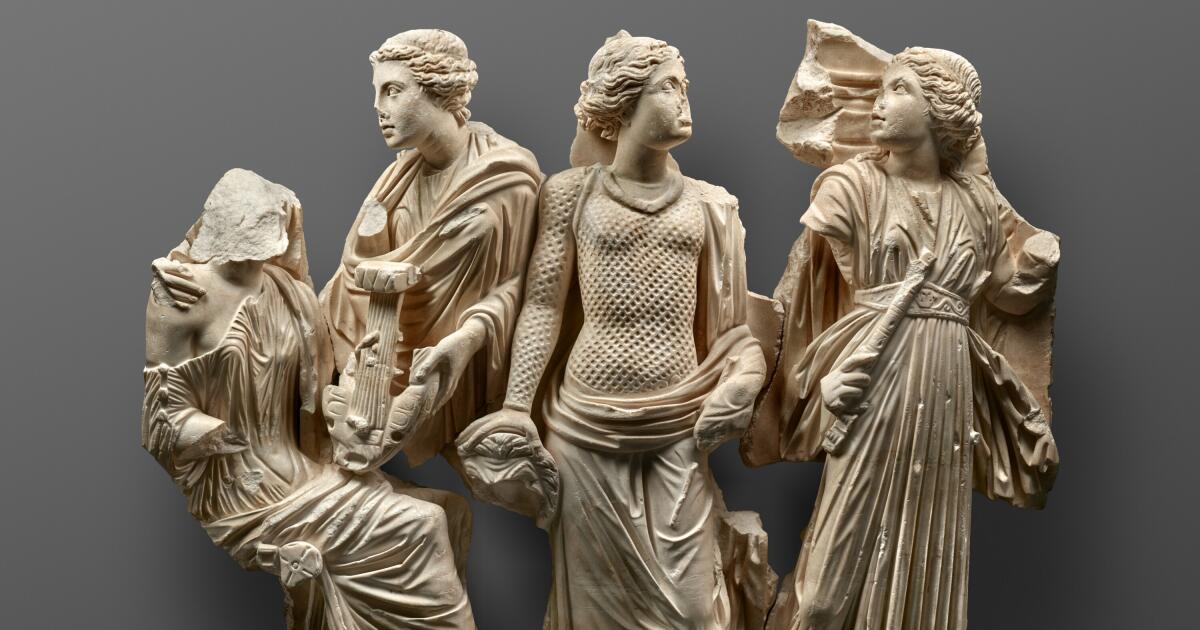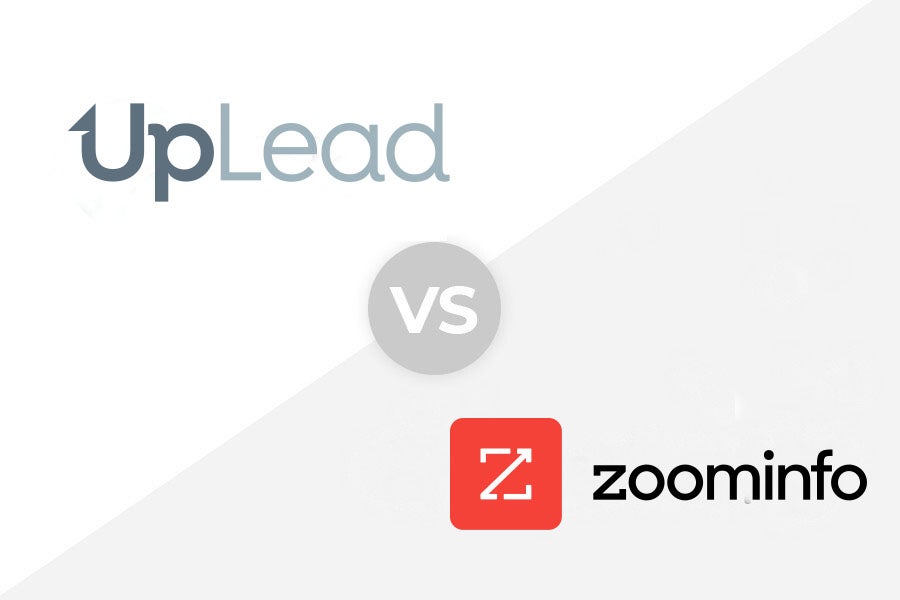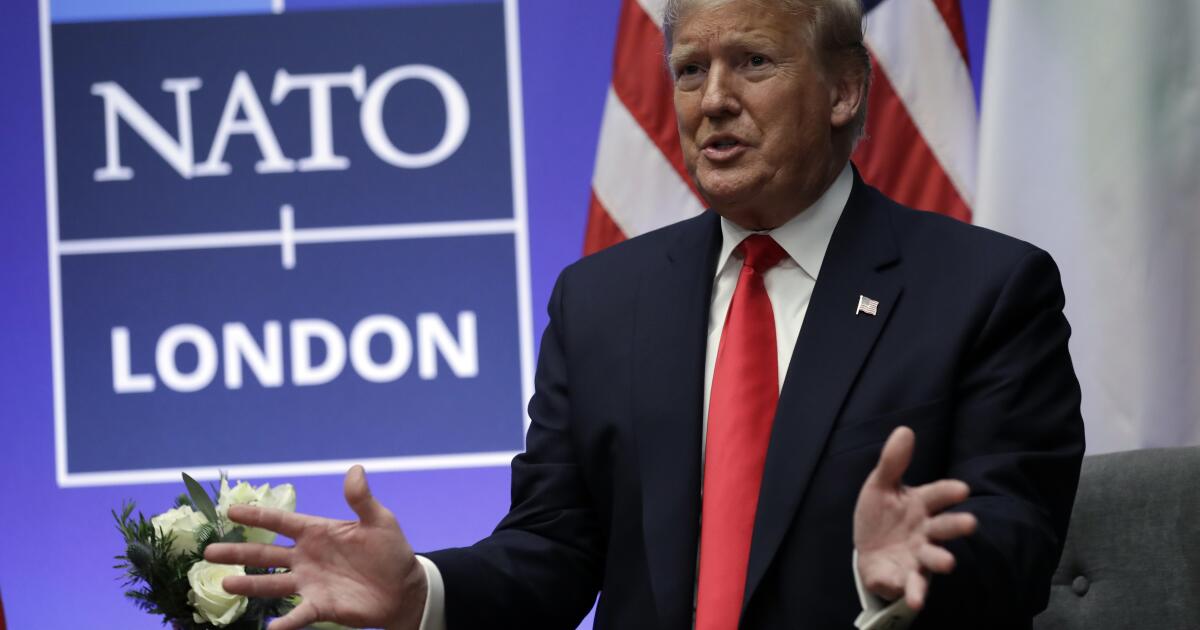President Trump took a rhetorical victory lap outside the Israeli parliament on Monday. Ignoring his patented teleprompter deviations, which violated all sorts of valuable norms, it was a speech Trump deserved to give. The end of the war (even if it is only a ceasefire) and the Liberation of Israel's last living hostages. is, in itself, a monumental diplomatic achievement, and Trump deserves to take a bow.
Much of the text prepared by Trump was forward-looking, calling for a new “golden age” for the Middle East that would mirror the one supposedly unfolding here in the United States. I am generally skeptical about “golden ages,” here or abroad, and especially wary of any talk of “eternal peace” in a region that has known “peace” for only a few years since the fall of the Ottoman Empire.
So, of course, let's look to the future in terms of peacebuilding.
But that project requires some honesty about how we got here.
Where to begin that story chronologically is the subject of doctoral theses. But conceptually it starts with a very basic observation. Since its founding, Israel and its enemies have had irreconcilable positions. Israel insists it has the right to exist. His enemies take the opposite position.
At least for the sake of clarity, I think it is fair to distinguish between critics or opponents of Israel and its enemies. Many critics simply want a two-state solution or more autonomy and security for the Palestinians. Meanwhile, Israel's enemies want the “Zionist entity” erased. “From the river to the sea,” as the saying goes, they want the Israeli “colonizers” dead or expelled from the region. That is the stated position of Iran and its various proxies, including Hamas, Hezbollah and the Houthis. It is also, by extension, the position of its supporters, whether they are aware of it or not.
In a zero-sum conflict, these positions are axiomatically non-negotiable. One side has to lose for the other to win. But this is where things get conceptually complicated: many of Israel's enemies are treated as mere opponents and critics, and vice versa. The distinction becomes blurred, for friends and enemies alike.
The linguistic sleight of hand of “anti-Zionism” is treated as a legitimate and respectable perspective, as if anti-Zionism somehow meant something more than the desire to end Israel's existence as a sovereign Jewish nation-state. But that is literally what anti-Zionism means. Zionism is simply the idea that Jews should have their own country in their historic homeland.
Under the umbrella of the United Nations there is a alphabet soup of organizations, programs and committees who are dedicated to a unilateral effort to combat the Zionist project and rectify the problem of Israel's existence. The United Nations Relief and Works Agency (OOPS) bequeaths Palestinians a unique “hereditary” refugee status, which has not been granted to any of the hundreds of millions of refugee populations since the end of World War II.
UNRWA school teachers, some of whom are, or were, members of the militant group Hamas – indoctrinate children in hatred and “resistance” to Israelis. The Human Rights Council has a long history of having an obsessive, institutionalized and structurally anti-Semitic attitude. double standard only for Israel.
The Western media relies on these agencies to frame the debate about Israel, keeping alive the idea that the only real solution is to do something about Zionism, as if Israel's survival remains provisional, even though modern Israel is older than dozens of other nations.
Throughout the war in Gaza, claims by the Hamas-controlled Gaza Health Ministry were met with reflexive credulity, as were accusations of “genocide” against Israel. Claims that Gaza was suffering from mass starvation were subjected not to the journalistic skepticism reserved for Israel or the Trump White House, but to enthusiastic credulity. As you watched the celebrations in Gaza this week, did you see many emaciated Palestinians? Will the press look for them now?
During the last two years, campus protesters and social networks influential people exalted Hamas terrorists as freedom fighters. He protesters were often treaty in the press and school administrators as noble and heroic champions of freedom of expression either human rightseven though they were covering an Islamist organization that kills Palestinian politicians. dissidents and homosexuals, persecutes Christians and repeatedly affirms his commitment to the genocidal destruction of Israel. Would pro-KKK groups receive the same treatment?
I think many of the accusations that Israel is committed to genocide can best be understood as a mix of projection (and distraction) of its enemies' open support for genocide.
If lasting, much less eternal, peace is possible, it will only be when Israel's existence is accepted as an enduring, non-negotiable fact. Once that happens, disputes over borders, Palestinian rights and autonomy can be negotiated on a non-zero sum basis.
UNKNOWN: @JonahDispatch

